Cambridge-based company Prime Medicine announced preliminary results from clinical trials of experimental gene therapy PM359 for the treatment of chronic granulomatous disease (CGD) - a rare immune deficiency affecting various types of immune cells, including neutrophils. During the trials conducted on a pediatric patient, the therapy showed restoration of the function of a key enzyme in more than two-thirds of neutrophils within a month of administration, without serious side effects.
Despite the encouraging results, Annalisa Miccio, a gene therapy specialist from the Imagine Institute in Paris, emphasizes that 6 months to 1 year of patient observation are necessary for a final assessment of the effectiveness. Preliminary studies on mice conducted by Prime Medicine also confirm the scientists' optimism about the long-term effect of the approach.
Despite the success, Prime Medicine has decided to discontinue the independent development of PM359 and seek partners to continue the clinical trials. This decision is due to the economic realities in the development of gene therapy for rare diseases, explains David Liu, one of the company's founders. He points out that the only gene therapy currently available on the market - CRISPR-Cas9 for sickle cell anemia and β-thalassemia - costs over $2 million per dose, which hampers its widespread implementation.
According to Joseph Hasia, a medical geneticist from the University of Southern California, the situation is comparable to the renewal of the iPhone - new, improved genome editing methods are constantly emerging, but the issue of commercialization and accessibility of these expensive therapies remains extremely important.
You may also like
The development and improvement of gene editing tools continue, opening up new perspectives for the treatment of rare and complex diseases. However, scientists emphasize that the economic challenges of implementing these therapies pose a serious obstacle to realizing their full potential.



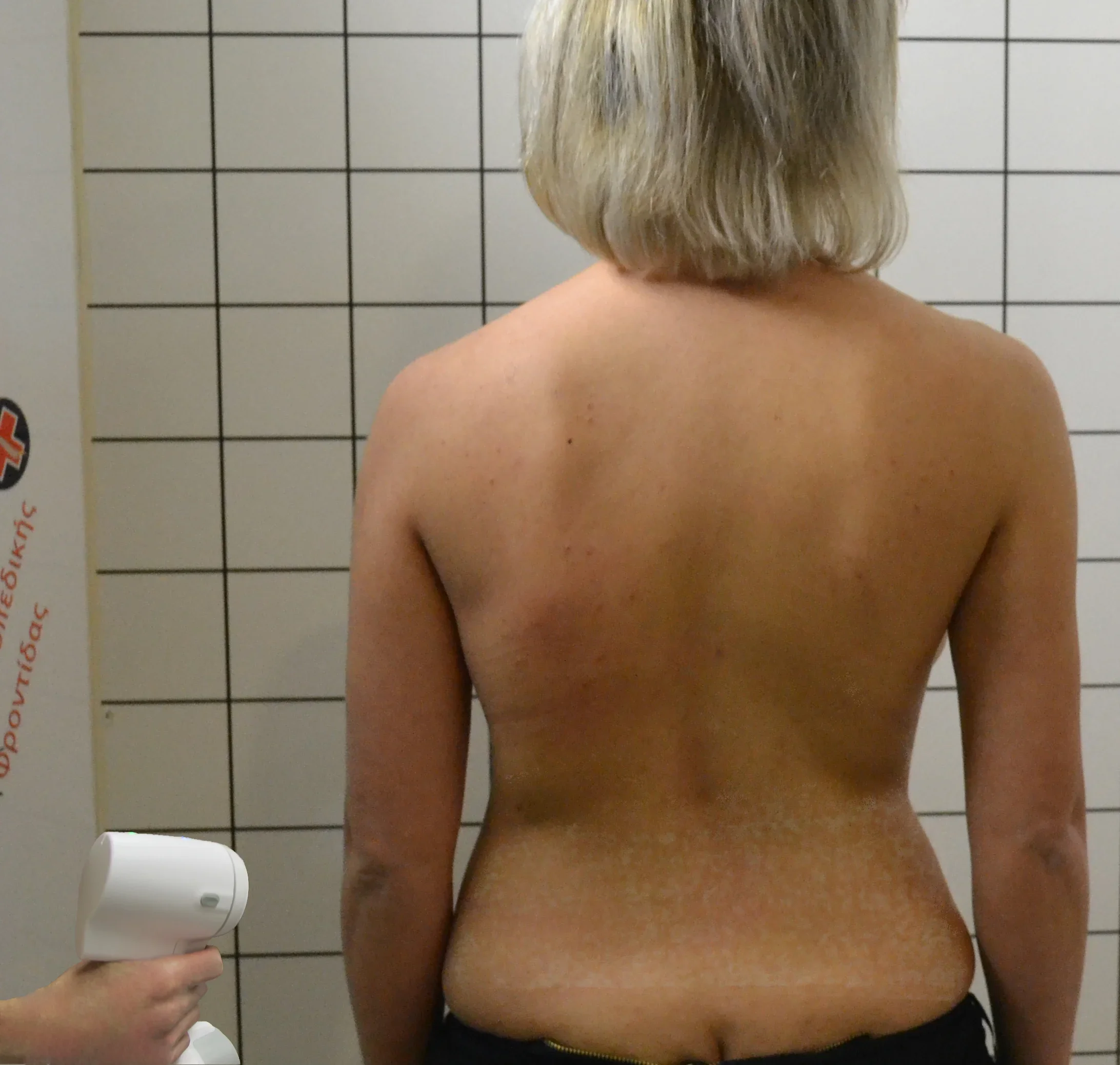
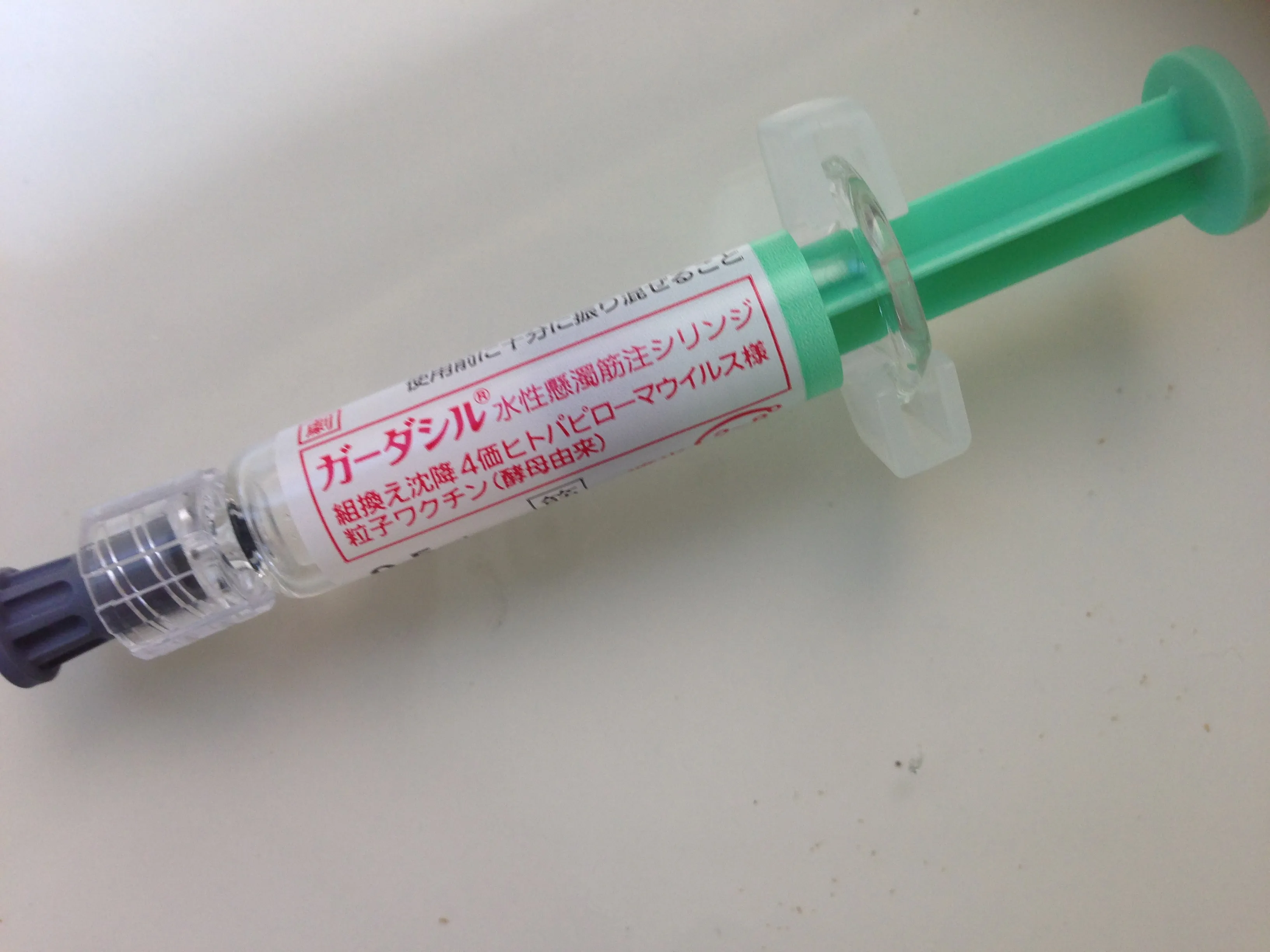
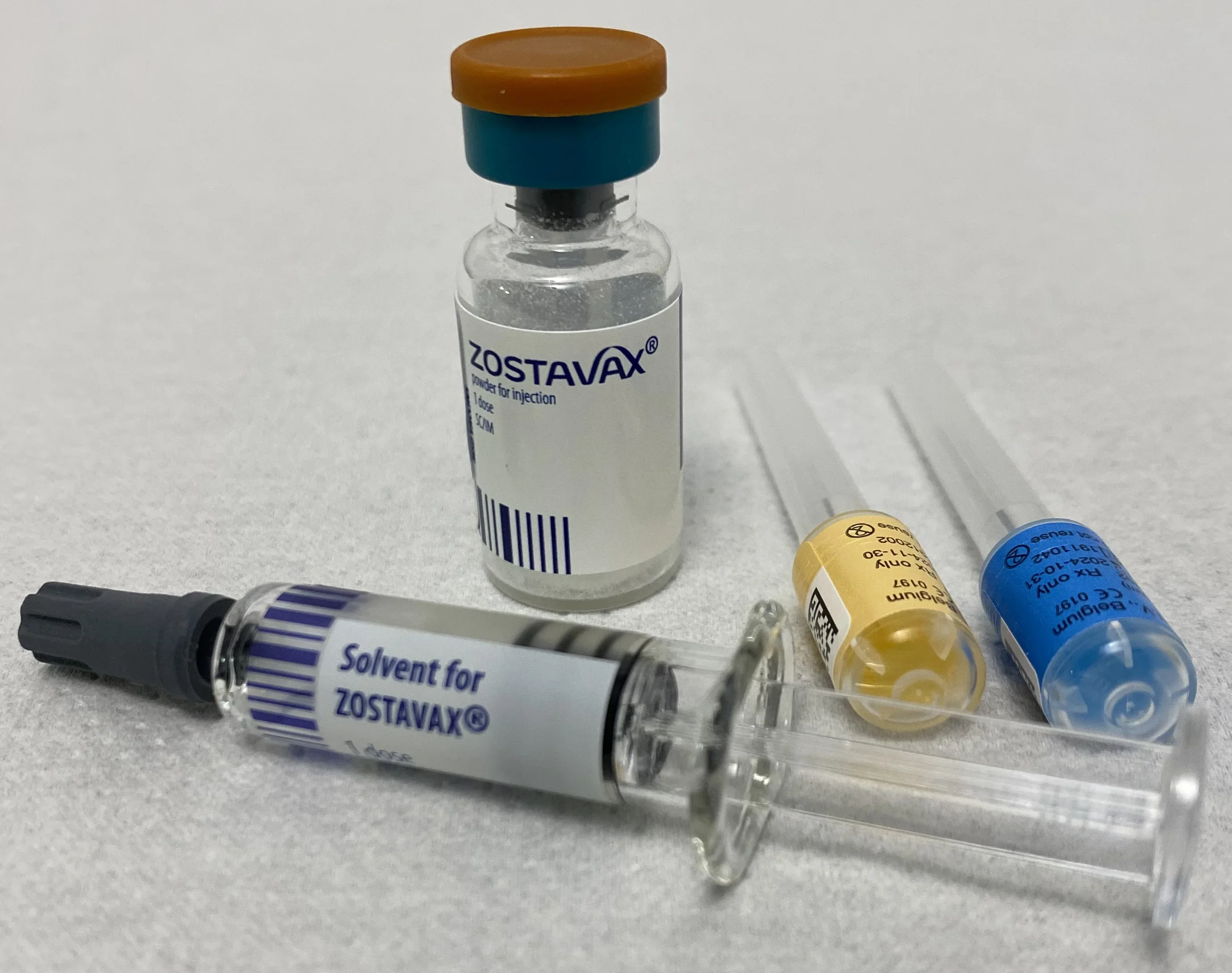
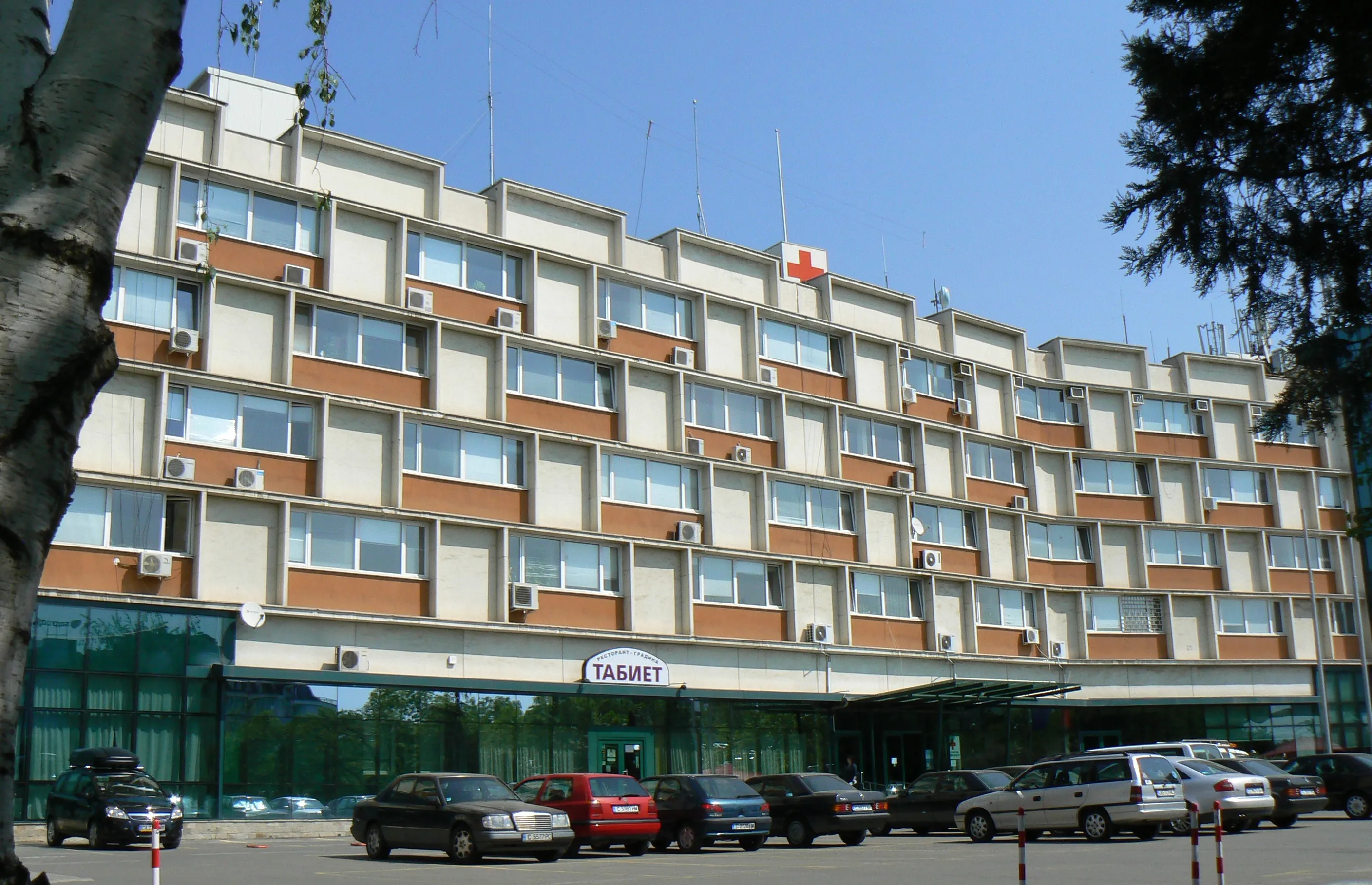
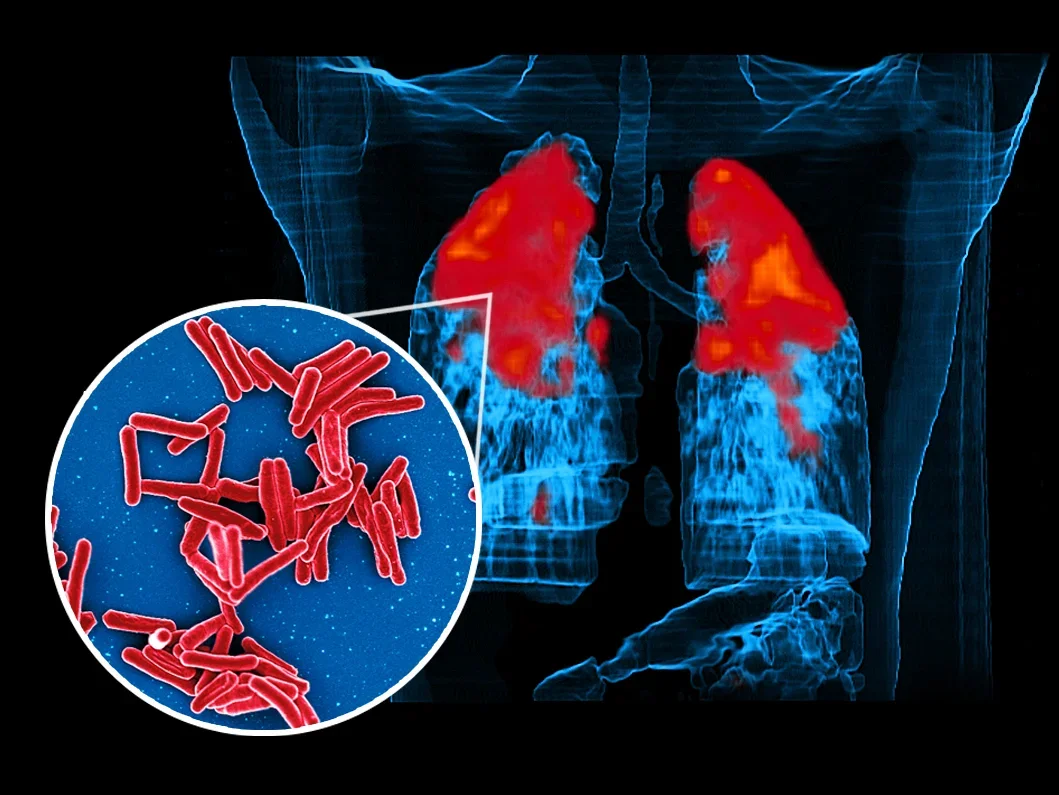
Коментари (0)
Все още няма коментари.